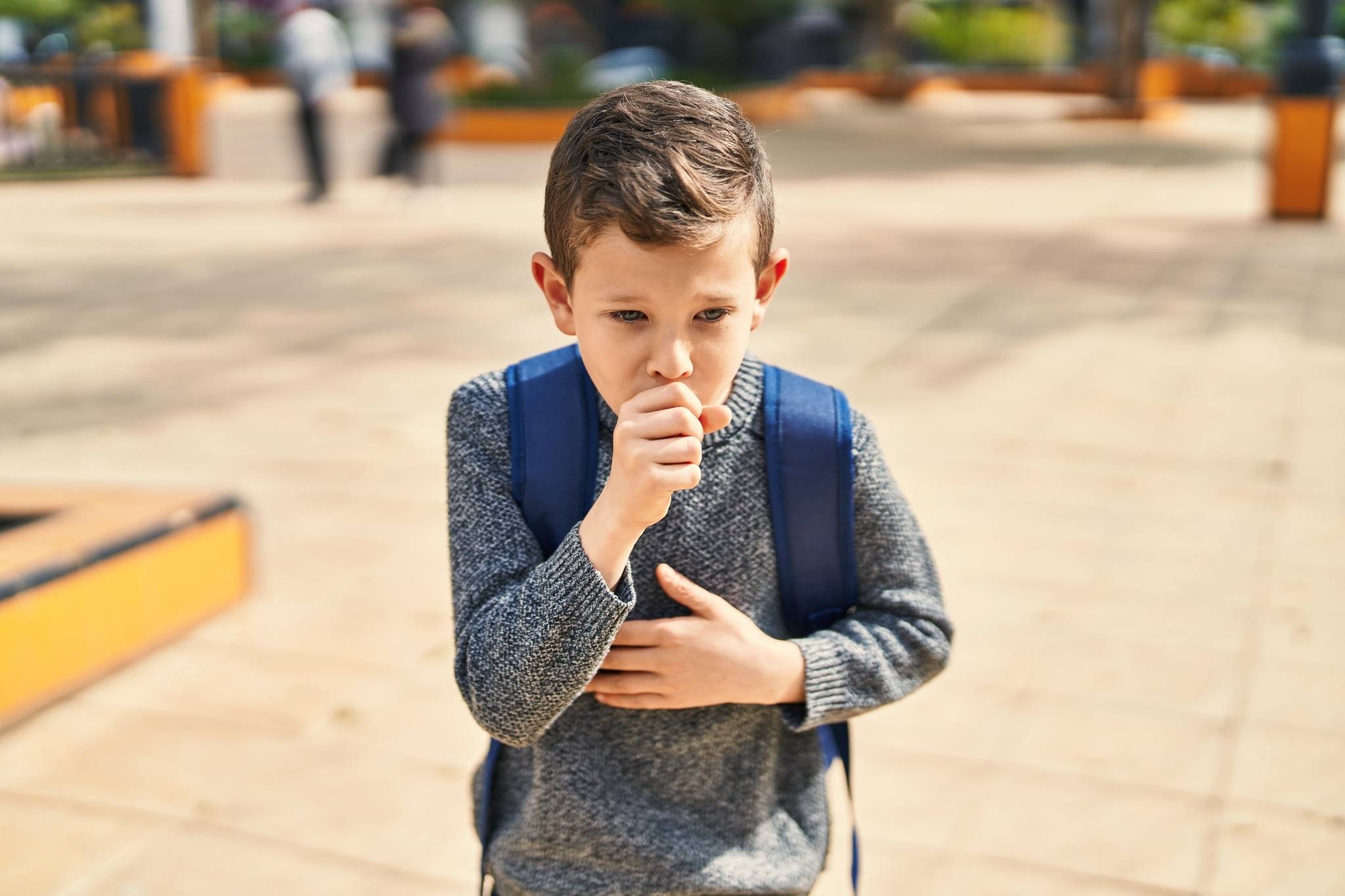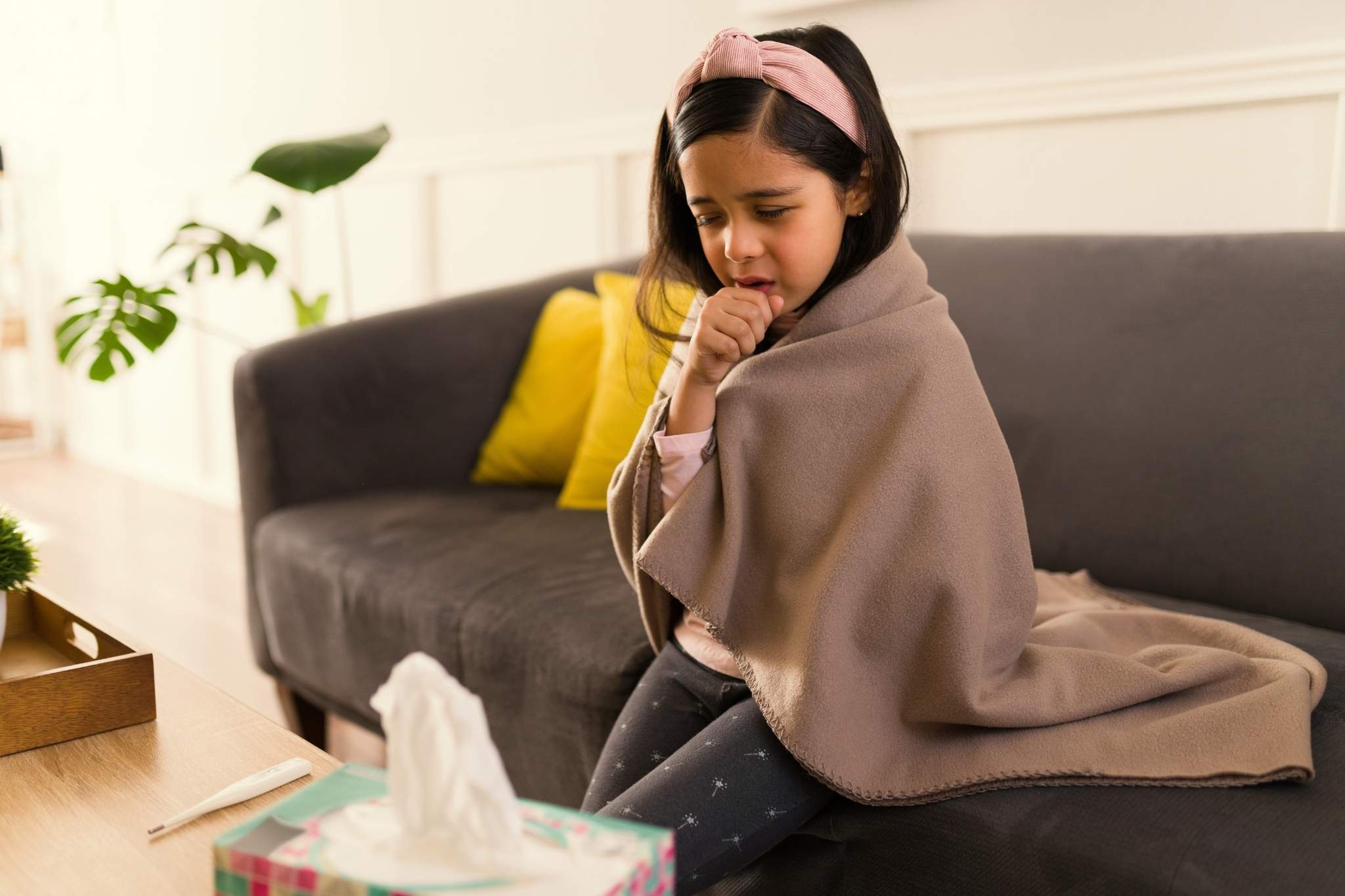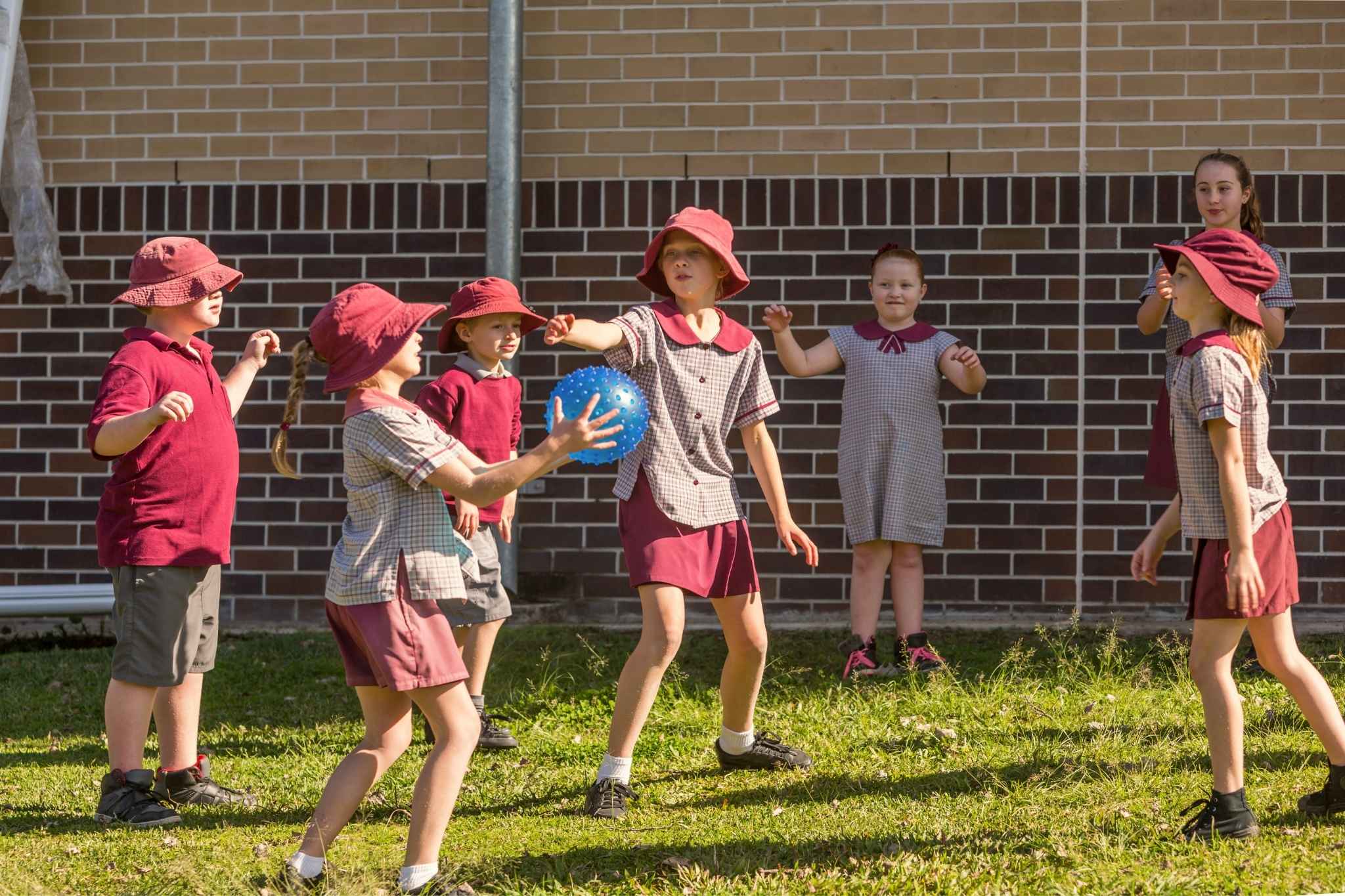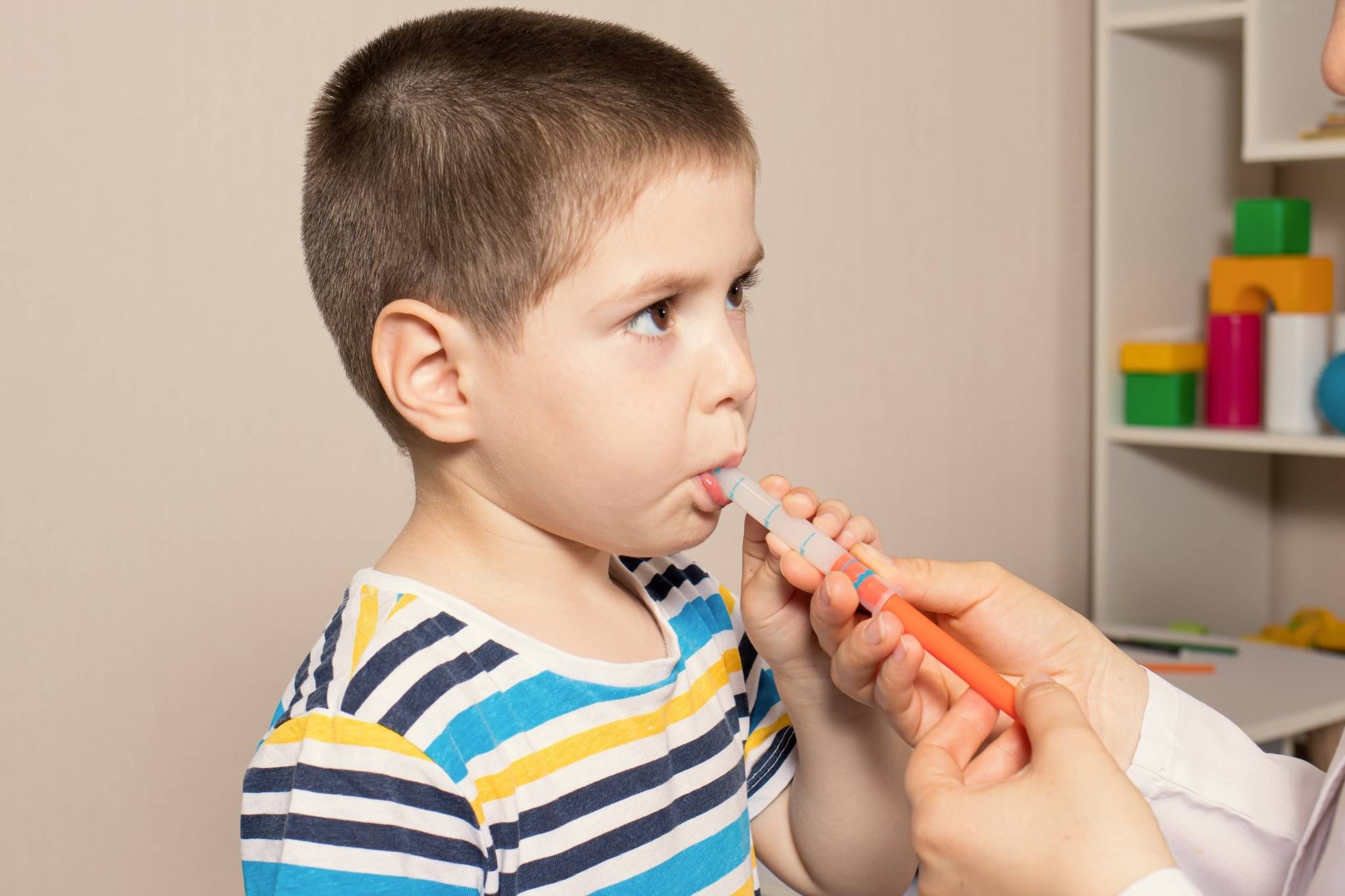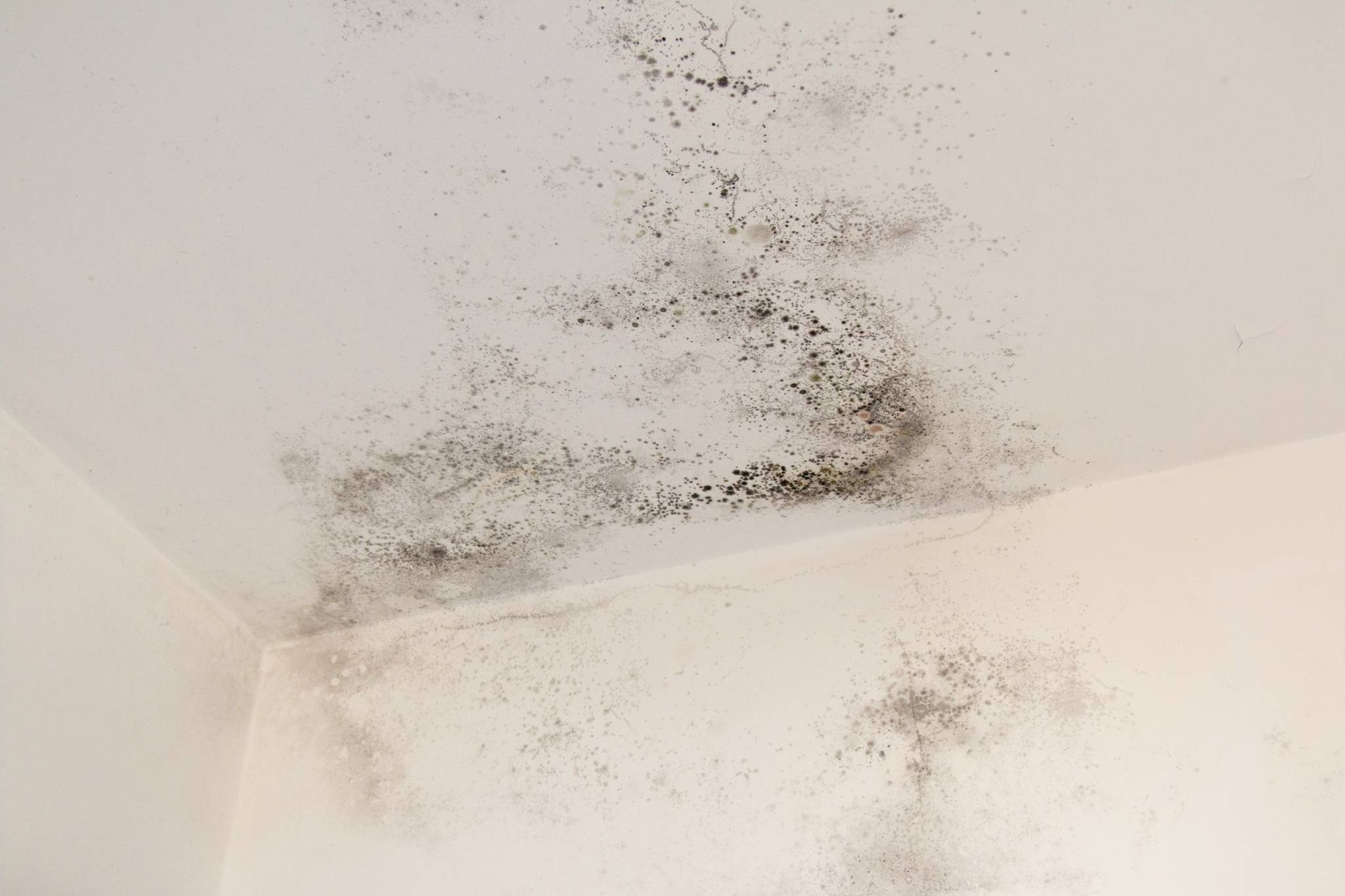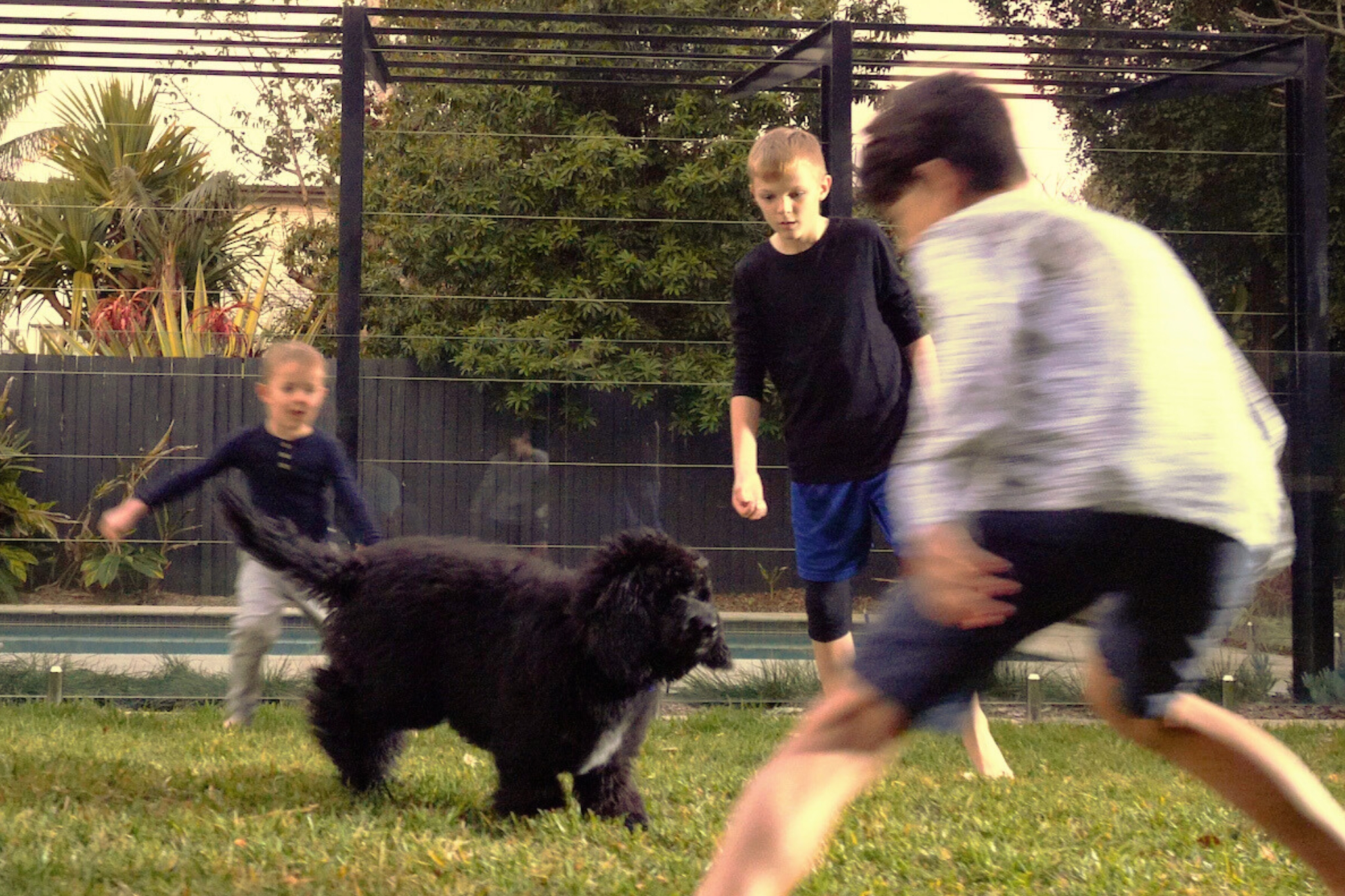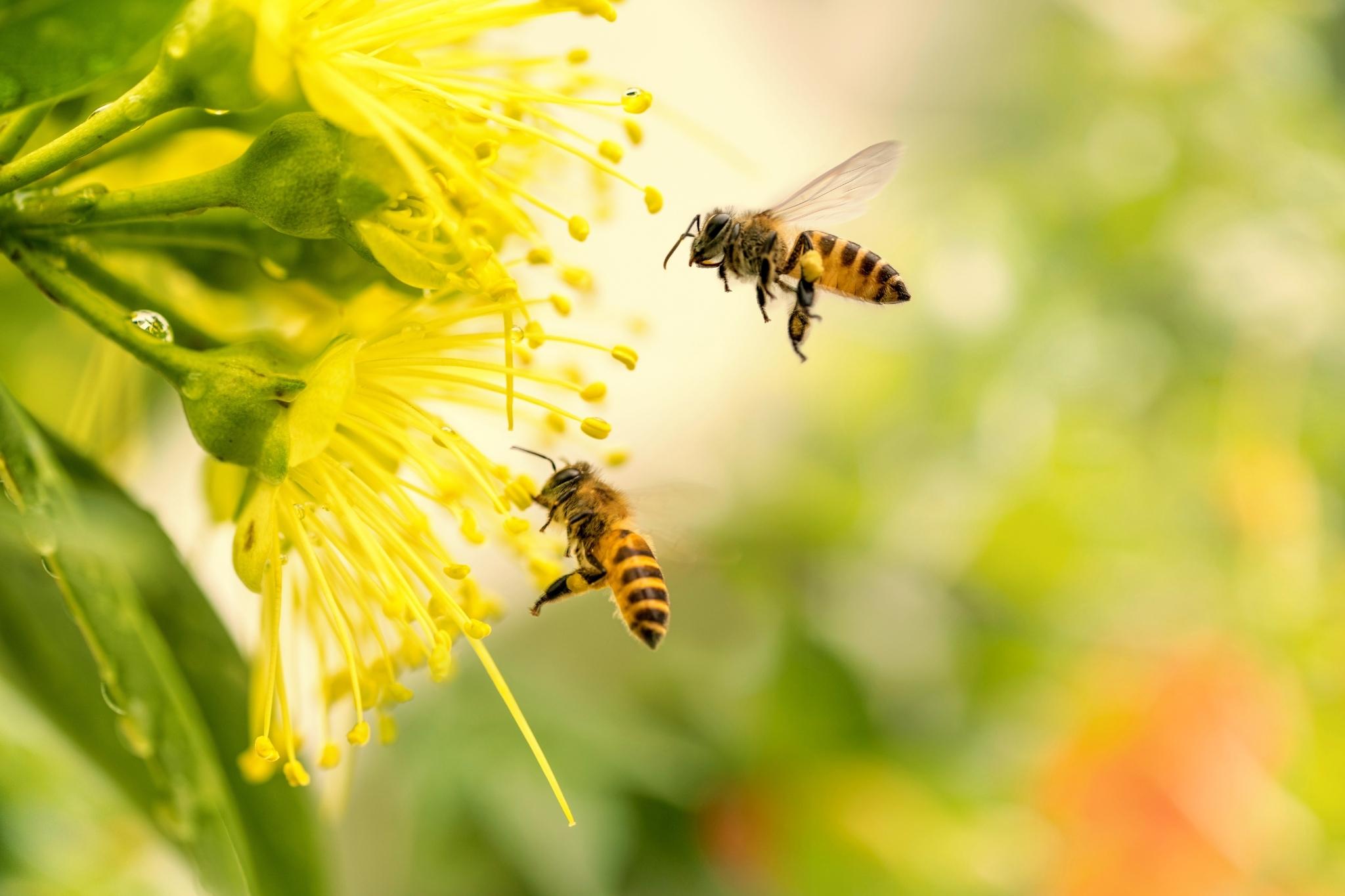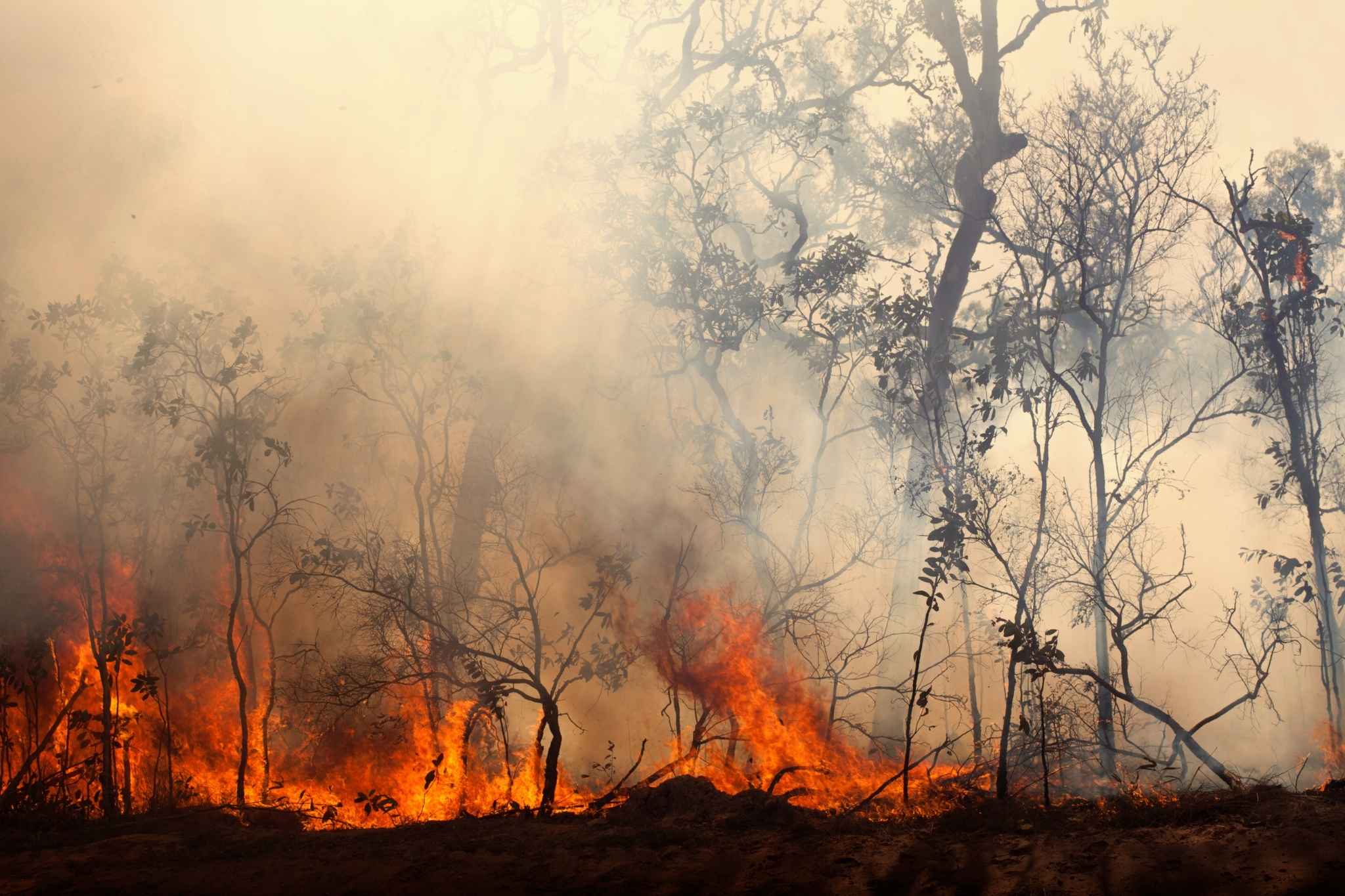Helping kids understand asthma
Asthma can be hard to understand, especially for young kids. We hope you can use this page to help you teach your child about asthma. You may be able to give more or less detail, depending on how old they are and how much you think they will be able to understand.
The more your child knows, the more they can start to look after their asthma themselves. Knowledge can also empower your child to help if a friend or classmate has asthma.
If your child has questions you can’t answer about asthma, you can call us on 1800 ASTHMA (1800 278 462).
Question: What is asthma?
Answer: Asthma makes it hard to breathe.
You have two lungs in your chest that are filled with lots of airways. Airways are like very small tubes or pipes. Their job is to move air in and out of your body so you can breathe. People who have asthma have sensitive airways that can get tight and swollen. This can make it hard for you to breathe and can make you cough or make a whistling sound. When you can’t breathe, it can be pretty scary.
Question: Why does asthma go away, then come back?
Answer: Asthma symptoms happen when something triggers them.
 There are lots of things that can start your asthma symptoms, which are called triggers. Sometimes a trigger is being sick with a cold. Other times it is something you breathe in. Your airways don’t like the trigger, and they start to squeeze shut.
There are lots of things that can start your asthma symptoms, which are called triggers. Sometimes a trigger is being sick with a cold. Other times it is something you breathe in. Your airways don’t like the trigger, and they start to squeeze shut.
The more you know about your triggers, the more you can avoid them. Some things that might be an asthma trigger are:
You can read more about asthma triggers below.
Question: What is an asthma flare-up?
Answer: When your asthma makes it hard to breathe.
When you have asthma, you might cough, wheeze or feel puffed out. Your chest might feel sore or tight as well. This is called an asthma flare-up. When a flare-up is really bad or happens really fast it might be called an asthma attack. If this happens it can feel scary and that’s okay. It is scary when you can’t breathe well. You might not be able to talk without taking lots of breaths. This is all because your lungs are getting swollen and tight inside.
You can get through an asthma flare-up or asthma attack by knowing what to do. Your doctor will write an Asthma Action Plan that has instructions on what asthma medicine to give you. Your parents, carers and everyone else who looks after you should have a copy of it. This could include your teachers, sports coach, grandparents and even your friend’s parents if you are going to a sleepover.
Your Asthma Action Plan will have your instructions for what medicine to use when you have asthma symptoms.
If you don’t have your own Asthma Action Plan, you can follow the basic Asthma First Aid steps here. Many of your teachers and sports coaches already know these steps.
Question: Why do I need medicine?
Answer: One is for relaxing your lungs when you have symptoms, the other keeps your lungs calm to prevent symptoms.
Short-acting Relievers:

When you are having trouble breathing, this one helps you feel better quickly. It is usually blue. Its job is to open your airways fast- it works in minutes!
You use it when you have asthma symptoms and in Asthma First Aid. It is sometimes used before exercise or sport. During a cold or asthma flare-up, your doctor might tell you to take it more often. It should last for about four hours.
Older children might use a different inhaler called a Turbuhaler or an Anti-inflammatory reliever.
It’s important to use your puffer with a spacer because they help get the medicine into your lungs. Small children aged four or under should also use a mask attached to their spacer.
How to use an inhaler for kids
Preventers:
Some kids have a second puffer called a preventer. There are lots of colours that they may be. It all depends on what your doctor thinks will work best for you. This medicine is a ‘corticosteroid’. Its job is to calm down your lungs, so they aren’t so sensitive to your triggers. It makes the airways less red and swollen inside. Sometimes your preventer might have two medicines in it if one is not enough.
You need to take this medicine every day to keep your airways calm. It takes around 2-4 weeks to work fully, so don’t skip it once you’re feeling better. If you stop using it, the redness and sensitivity can come back.
It is extra important to always use a spacer with your preventer puffer. This helps the medicine to get into your lungs and stops your mouth or throat from getting sore.
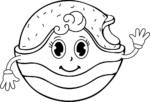
Older kids might use a different inhaler called an Accuhaler, Ellipta or Turbuhaler. After you use a preventer inhaler, always rinse your mouth out and clean your teeth.
Some kids might use a preventer tablet called montelukast. This is not a steroid; it prevents asthma in a different way. It’s a chewable tablet, and you don’t need to rinse your mouth afterwards.
Question: Why do I have to go to the doctor so much?
Answer: To look after your lungs.
Seeing the doctor is important so that they can check your asthma and help you avoid having an asthma attack. They will make sure you have the right asthma medicines and plans in place. They might ask you questions about when you get your asthma symptoms. Or how often you need your blue puffer. This is all to help them know what medicine is best for you. Your doctor also works with you and your parents/carers to write your Asthma Action Plan.
Sometimes your doctor might want to listen to your chest with a stethoscope. It can feel cold when they put it on your back and chest but doesn’t hurt. It helps the doctor hear signs of asthma. Other times they might ask you to blow into a tube to test your lungs.
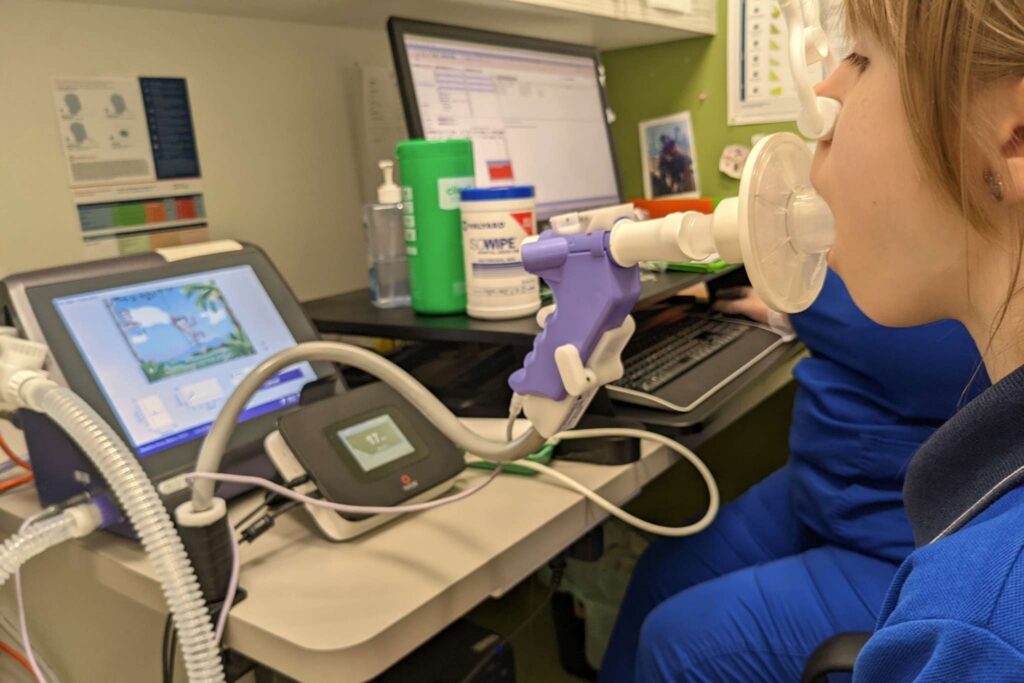
Question: Why do I have asthma?
Answer: We don’t know
We can’t say for sure where your asthma came from. It could be one of these reasons or a different reason all together:
- if mum or dad has asthma, it tends to run in families
- being around lots of air pollution or cigarette smoke from a young age
- being around things you are allergic or sensitive to
There is no cure for asthma – yet. Sometimes asthma can improve as kids grow older, other times it stays the same or can even worsen. But luckily, science has helped make lots of very good medicines that can help you.
Maybe when you grow up you will be a doctor or scientist who finds a cure for asthma!

|
Note for Parents You’re doing an amazing job as a parent or carer to educate yourself and your kids about their asthma. If you or your child has any asthma questions, you can book a call here to get them answered. |






